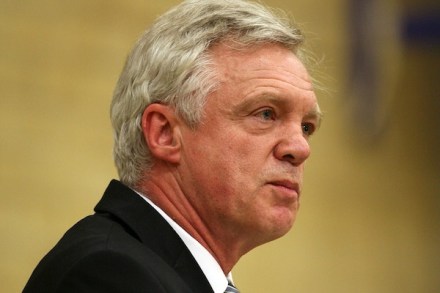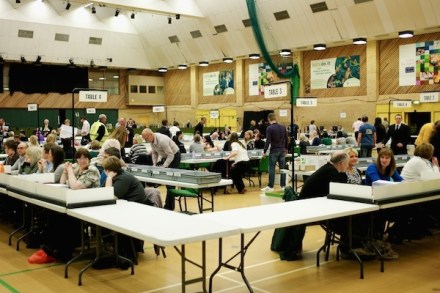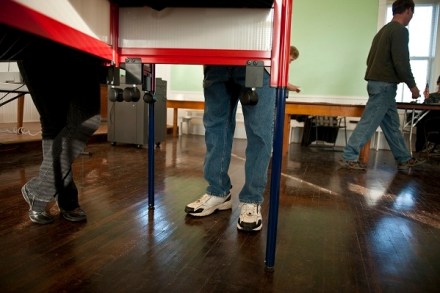Is nice but dim such a bad thing for Labour?
Labour’s lead in the polls has been pretty steady at around 10 points for a little over a year now. So why does today’s Guardian carry an article with the headline ‘Outright election victory in 2015 looks a distant prospect, pollster tells Labour’? It’s based on two YouGov polls — commissioned by Progress and actually conducted two months ago, but released today. The first asked voters to put each of the parties into one of four categories: ‘nice and smart’, ‘nice but dim’, ‘mean but smart’ and ‘mean and dim’. Labour seems to come out best, in that it has the highest proportion choosing ‘nice and smart’ and the lowest




















